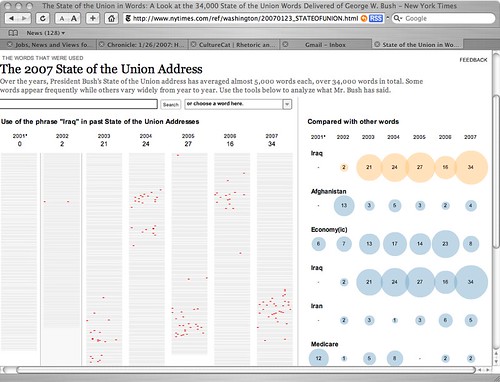There's an interesting story in the Times about the Voluntary Disclosure Form, which those under arrest can use to make a statement sans legal representation:
A homeless man accused of stabbing a tourist as he rode with his girlfriend on the subway found that words weren’t enough. Asked to sign his confession, he instead sketched a cartoon version of his crime: a pair of lovers’ faces — one happy and one sad — and a stormy black cloud floating over a subway train.
Such statements — and occasional illustrations — by defendants in New York City courts are one element of what prosecutors call the V.D.F., more formally known as the People’s Voluntary Disclosure Form. To read them is to experience a kind of poetry of everyday criminal life in New York City.
By turns raw, ugly, poignant, defiant, rarely remorseful and almost always damaging, the statements are a window into the criminal process, part of the common language between detectives and suspects.
“It’s kind of like the literature of the criminal defendant,” said Gerald L. Shargel, a criminal defense lawyer. “The information contained on the V.D.F. is much more rich and colorful than anything the defense lawyer provides.”
Because they can be so revealing, the V.D.F.’s are a bane of defense lawyers’ existence, and they often try to suppress them so they cannot be used in court.
[. . .]
For many people, the urge to explain, if not to confess, is as urgent as it was for Raskolnikov in “Crime and Punishment.”
“My name is Paul Cortez,” is the Melvillian first sentence of the V.D.F. statement handwritten by Mr. Cortez, a yoga teacher who is awaiting trial as the suspect in the fatal stabbing of a dancer in her Upper East Side apartment.
What follows is a three-page roller coaster ride of love, sex and betrayal, culminating in an alibi. On the day of the victim’s death, Mr. Cortez wrote, “I knew something was wrong, so I called back several times.” When she didn’t answer, he called clients, watched a football game with a friend, “then read a little and went to bed. The next morning about 10:30 I found out from my mom Catherine was Dead.”
The last word, “Dead,” is capitalized for emphasis.
It might be a project better suited for a linguistics/discourse analysis dissertation, but it could work for rhetoric too.




